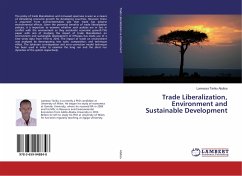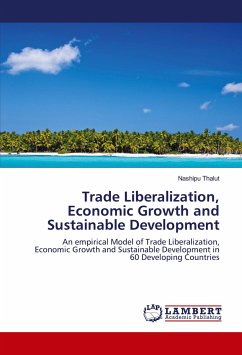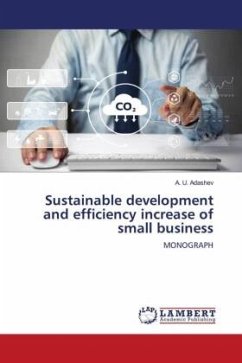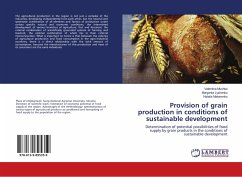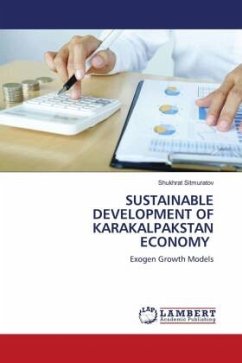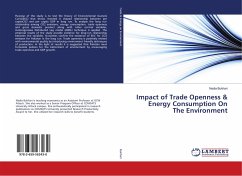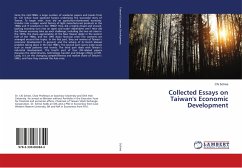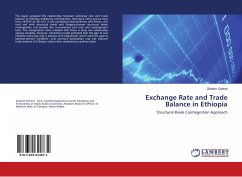The policy of trade liberalization and increased openness is seen as a means of stimulating economic growth for developing countries. However, there is argument from environmentalists side that trade has adverse environmental effects. Given the potential benefits of trade liberalization policies, it is important to examine whether such policies are in fact in conflict with the environment as they accelerate economic growth.This paper with aim of studying the impact of trade liberalization on environment and sustainable development of Ethiopia has made use of a time series data from 1970 to 2010. The impact of trade on environment was analyzed by decomposing into scale, composition, and technique effect. The Johansen co-integration and error-correction model technique has been used in order to examine the long run and the short run dynamics of the system respectively.
Bitte wählen Sie Ihr Anliegen aus.
Rechnungen
Retourenschein anfordern
Bestellstatus
Storno

